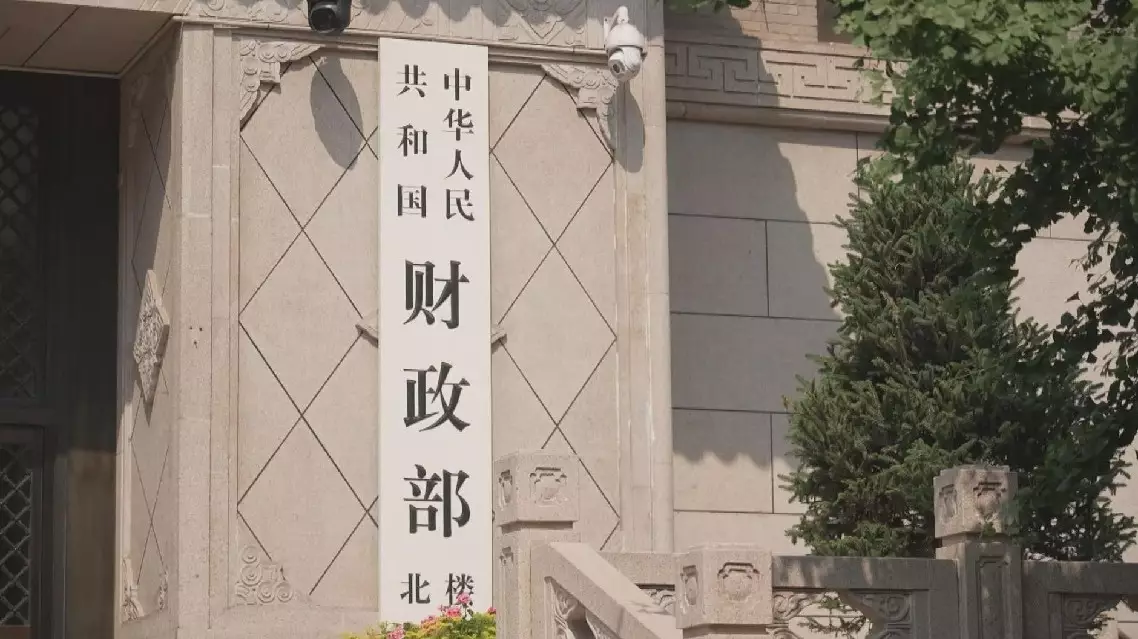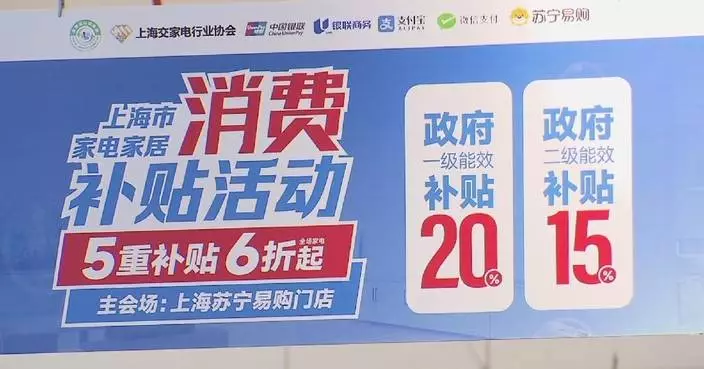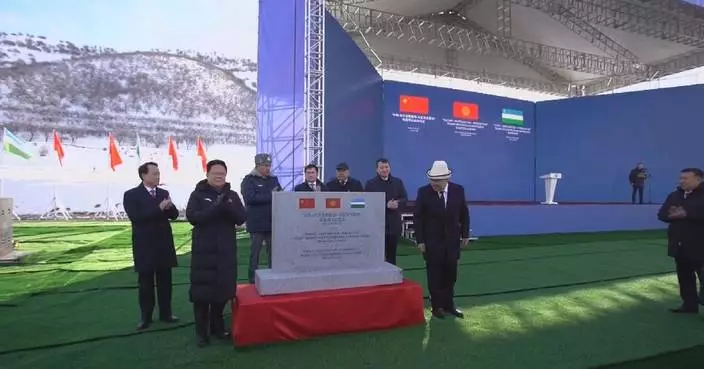China's proactive fiscal policies have provided strong momentum for economic stability, high-quality development, and improved public well-being so far this year, through targeted funding, debt resolution measures, and increased support for innovation and social welfare.
China's economy has operated and progressed steadily, and it's main goals and tasks of economic and social development this year are about to be successfully completed.
From accelerating the issuance and utilization of 4 trillion yuan (550 billion U.S. dollars) in special bonds, to issuing 1 trillion yuan (140 billion U.S. dollars) in ultra-long-term special government bonds, and introducing a package of measures to defuse debt risks, funding from the central government to local governments has injected strong momentum into the implementation of major national strategies and socio-economic development.
Measures include optimizing tax and fee preferential policies, initiating pilot programs for upgrading manufacturing industries with emerging technologies in 20 cities, and implementing a special technology innovation guarantee plan to enhance the risk-sharing and compensation capabilities of the National Financing Guarantee Fund for sci-tech small and medium-sized enterprises.
Across the country, various measures have been taken to leverage fiscal funds to achieve a multiplier effect. For example, a high-end equipment manufacturing enterprise in east China's Anhui Province is currently busy installing and testing new production line equipment. According to the company's manager, this production line can help energy-intensive industrial enterprises cut energy consumption by 20 percent to 50 percent. "Our investment is expected to reach about 100 million yuan (13.7 million U.S. dollars). A company's discretionary funds must account for at least 30 percent of the total funds in order to initiate the construction of a new production line," said Wu Jing, general manager of Anhui Vofu Science Co., Ltd.
In southwest China's Sichuan Province, the financial department has integrated resources to set up funds for high-quality development and provide financial support for major strategic tasks, concentrating resources to tackle big initiatives.
"We have consolidated some special funds that were previously scattered across various departments, allocated them in a coordinated manner according to a certain proportion, and used them for major strategies such as the construction of the Chengdu-Chongqing economic circle and the construction of national strategic deployment bases. This strengthens the government's fiscal regulation capacity," said Chen Shuping, director of the Sichuan provincial department of finance.
In addition to economic development, fiscal spending also covers education, healthcare, social security, and employment, among other areas. In China, more than 70 percent of fiscal expenditures are allocated to livelihood-related areas.
One major highlight of this year's proactive fiscal policy is the allocation of 300 billion yuan (41.1 billion U.S. dollars) from the ultra-long-term special government bonds for the large-scale upgrading of equipment and the replacement of old consumer goods with new ones.
So far this year, central government fiscal transfers to local governments have exceeded 10 trillion yuan (1.37 trillion U.S. dollars). Among these, subsidies under the mechanism for ensuring basic government funding at the county level has increased by 8.6 percent, channeling more funds to support local governments in ensuring the three priorities -- people's basic wellbeing, payment of salaries, and normal government functioning -- at the grassroots level.
"We have always regarded the grassroots 'three priorities' as the top priority in budget allocation and fiscal spending. We will further promote financial resources to flow downward, strengthen grassroots fiscal capacity, and explore a whole-chain mechanism to ensure the 'three priorities'. Regular monitoring and analysis of 'three priorities' budget execution and cash flow will also be conducted to ensure steady, healthy, and sustainable grassroots fiscal operations," said Hao Lei, director of the department of finance of Xinjiang Uygur Autonomous Region.
Moreover, the Ministry of Finance has increased the per capita annual fiscal subsidy standard for urban and rural residents' basic medical insurance to 670 yuan (91.79 U.S. dollars) and raised the national minimum standard for basic pensions for urban and rural residents. A new batch of demonstration projects for public hospital reform and high-quality development have been launched. Subsidies and living allowances for entitled groups have also been increased.
In May this year, the Ministry of Finance raised the living allowance standards for students from disadvantaged families and increased funding for rural school building maintenance and renovation. Nationwide, policies for agricultural insurance that covers three major grain crops were implemented to better protect the income of grain farmers.
Before the National Day holiday this year, the fiscal departments distributed one-time living allowances to over 11 million disadvantaged individuals. In October, the Ministry of Finance and other departments raised the subsidy standards for student aid in higher education, expanded policy coverage, increased the ceiling for state student loans, and reduced loan interest rates.
Housing is closely related to people's livelihoods. In November, the Ministry of Finance clarified tax policies aligned with the cancellation of standards distinguishing ordinary and non-ordinary residential properties. It also promoted the use of special bonds to support land reserves and the conversion of existing commercial housing into affordable housing.

China's proactive fiscal policies drive economic growth, boost livelihoods









